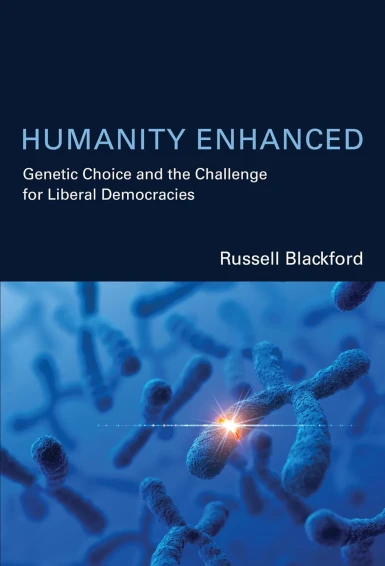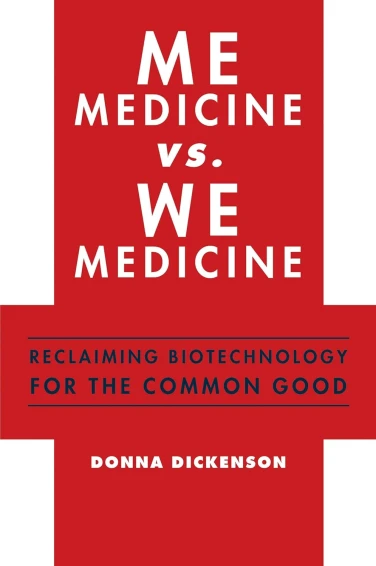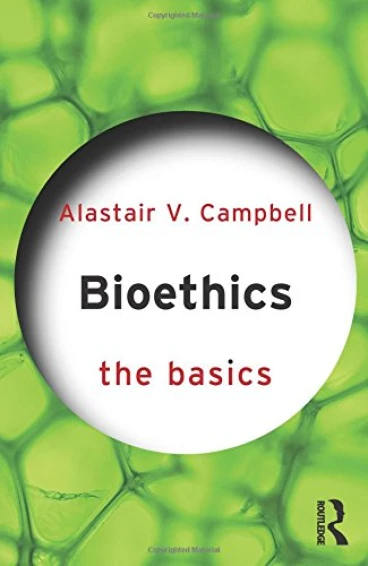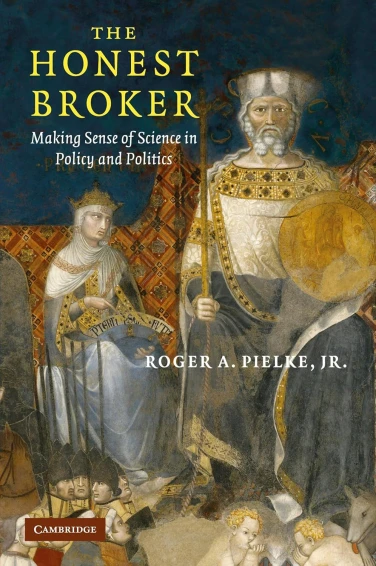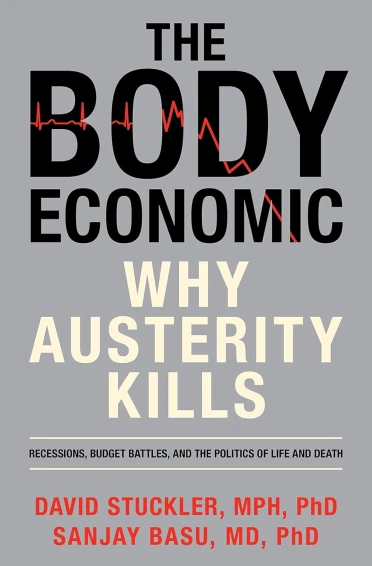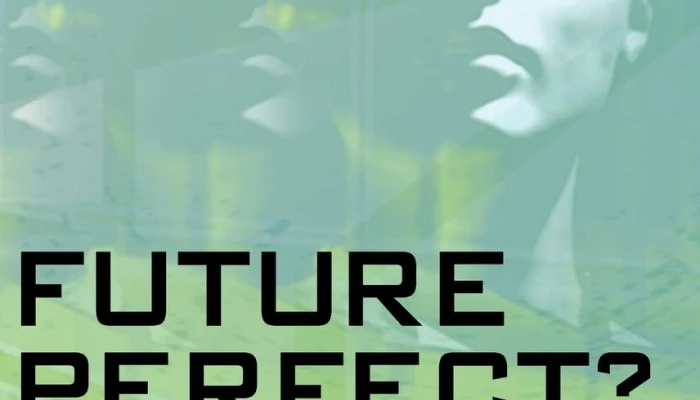
Edited by Celia Deane-Drummond and Peter Manley Scott
T&T Clark, London 2006
219pp (hb)
ISBN 0-567-03079-2
£80.00 (hb)
In terms of the general bioethics conversation it is all too easy for theological engagement to be dismissed as ill-informed, weak or at worse absent from the conversation entirely. Yet the place of theology can play an integral part of the process in grappling with and helping to shape the response to some of the key ethical, social and legal questions posed by new medical technologies. Future Perfect: God, Medicine and Human Identity helps to demonstrate this by presenting a strong academic exploration of these pertinent issues. Well informed, thoughtful, sober and honest the book is clearly a theological orientated exploration but also draws upon and is informed by the academic disciplines of the life sciences, medicine, philosophy and sociology thus proving the interrelationship between disciplines concerning new technologies. Antagonistic and over-hyped answers are resisted in favour of discussion which helps to ponder and reflect upon the place and promise of future technology and the affect that this will have on the human project.
Future Perfect is a collection of essays written by a broad range of leading international academics and experts in the field of bioethics and emerging technologies. These include D. Gareth Jones, Soren Holm, Maureen Junker-Kenny and Brent Waters. The book’s editor is Celia Deane-Drummond, Director of the Centre for Religion and the Biosciences at the University of Chester and a widely respected authority on issues surrounding the intersection of theology, ethics and the biosciences. According to the preface, the idea for a book sprang out of a further idea for a colloquium which would seek to address some of the most pressing medical, theological, philosophical and sociological issues surrounding advances in medical practice. The book therefore constitutes many of the papers which were presented during the colloquium with the exception of some which are revised journal articles. Consequently the volume constitutes an impressive and robust contribution to the field of bioethics, particularly in terms of theological and philosophical reflection.
Despite the book having been published in 2006 it remains a useful and relevant resource. Clearly the questions the book seeks to address show no sign of going aware or of being easily resolved. Therefore, Future Perfect brings much light to issues which sadly lack the vigorous reflection from a theological perspective. Given the place of transhumanist philosophy within the discussion of human enhancement, one notably area of improvement to the book would have been to have had a representative from the transhumanist movement respond to some of the reflections given in the book. Within the context of mutual respect and dialogue which the book seemingly promotes, such a contribution would have further enriched the quality and extent of the discussion.
Structure
The book is divided into three parts, each consisting of about four or five chapters. As with all edited volumes, some chapters are stronger than others but generally the book has a good, strong and well assembled structure. This makes the reader’s passage through the material smooth if read from cover to cover, or easily identifiable and manageable should the reader wish to read about certain themes in isolation.
The first section is entitled ‘Perspectives on Humans’ and engages with the exploration as to whether or not there are now new moral phenomena or tendencies that need to be considered in light of the rate and extent of advances in medical techniques and technology. In this regard the opening chapter by Ted Peters provides a good precursory examination of the world of human enhancement. Painting the landscape of human enhancement with broad brush strokes, the chapter is strong on overview without necessary seeking to address head on the implications of such developments. This deficiency is addressed by Elaine Graham in chapter four when she deals specifically with transhumanist philosophy through rigorous engagement with the work of philosophers such as Jacques Ellul and Martin Heidegger. Graham does not simply dismiss transhumanism as unrealistic but seeks to drive down deep to the roots of this philosophy to understand it more fully. She posits that transhumanism in actual fact is “a kind of ‘thought experiment’ which “serves to illuminate and refract deeper hopes and fears” (p. 60) built largely upon Enlightenment humanism.
Moreover, Soren Holm’s chapter addresses the question of whether there is place or need for ‘human nature’. Holm’s specific interest in helping to promote validity and soundness in bioethical argument clearly shines through this chapter and helped to make it the highlight of the book for me. His cogent dissection of poorly constructed arguments was a joy to consume and learn from, particularly in relation to human nature vis-à-vis transhumanism. Contrary to the belief of pro-enhancement philosophers, who argue that should a transhumanist society ever be achieved the concept of human nature will probably cease, Holm skilfully posits that in actual fact the concept will probably be supplanted by a transhuman nature. The need to draw upon an understanding of human nature in bioethics discourse shows no sign of going away or being made redundant.
Medicalised Humans is the theme of part II of the book and grapples with the implications and questions which arise from the human body under these new medical practices and advancements. Both scientists and theologians offer their reflections to this section of the book making for a potentially well informed discussion. Sadly, in my opinion this section lacked any real sense of direction and whilst useful did not engage the reader quite as well as the other two sections. Nevertheless, Neil Messer’s chapter on ‘Medicine, Science and Virtue’ is worth particular note. His analysis and discussion of clinical medicine and clinical practice with regard to the virtues exhibited by both, makes for an enlightening conclusion that clinical medicine and clinical practice have more in common that may first appear. Those readers who have enjoyed and appreciated Alistair MacIntyre’s book After Virtue will be familiar with the key points Messer addresses but will find Messer’s discussion to augment MacIntyre’s work with particular regard to the future.
Entitled ‘Fabulous Humans’ part III turns to look at towards the future and how new advances in medicine look to shape the future of humanity. Attention is paid to the embryo-stem cell question as well as genetic advances and the search for immortality. It is with regard to the ageing theme and the issue of death which this section is particularly useful in as much that not much attention has been paid to exploring the contribution of theology to these questions. At most the void has been filled with outrageous, often ill informed perspectives and proposals. Framing the questions from the angle of if ageing is a ‘disease’ which is in need of a ‘cure’, Gorman and Deane-Drummond explore how far the quest for immortality is ethically acceptable in terms of celebrating the human body, the common good and human responsibility to future generations. Brent Waters then offers a very lucid and engaging chapter which tracks the theological discourse between Christianity vis-à-vis transhumanist philosophy, comparing and contrasting the main tenets of belief before offering a rebuttal to transhumanism. For those readers seeking to understand in more detail what transhumanism is about and the philosophy behind it, one can find no better discussion to read and familiarise oneself with the points discussed.
Audience
Clearly the book is for an academic audience and assumes a certain level of engagement from the outset. If you are looking for a book which addresses issues regarding the future of humanity in the face of new advances in science and technology at a popular culture level then this book is not for you. However, if you want to rigorously engage with the issues and be challenged in your thinking then this book should certainly be placed on your reading list. Talking of reading lists, another bonus to the book is its comprehensive bibliography given at the end. This acts as a useful starting point for further study of the issues involved, boasting primary as well as secondary sources which add to its value. Whilst clearly a recommended read for the theology student who wishes to engage with contemporary issues in the world of biosciences and medicine, the book would be equally useful to the philosophy, sociology or medical student wishing to engage with the deeper implications of advances in medicine, from both the perspective of theory and practice.
Conclusion
The book’s approach promotes a sense of respectful and informed engagement with the issues which without doubt at points challenge theological perspectives. However, the book does not dissolve into an all too easily caricatured spat between ‘those against’ and ‘those for’ or an entirely religious luddite rant on the evils of new technologies and the human body. The book constitutes a well informed and well presented theological and philosophical contribution to the conversation which should be welcomed wholeheartedly.




